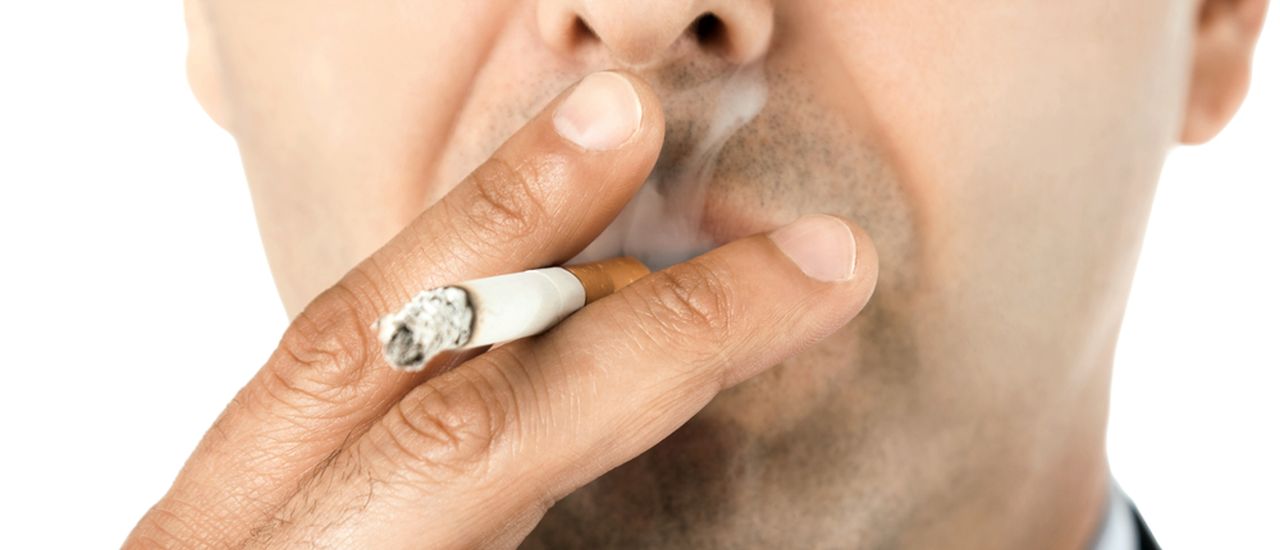Smoking is gross. We all know it, and we’ve all seen the long term damage it does to our lungs, that is, blackened tarred smoker’s lungs.
Have you ever wondered what actually happens when you inhale a cigarette? No? Well, a single drag exposes the body to over 4,000 chemical compounds and 600 additives, effectively making it one of the most powerful stimulants known to man. It takes just 10 seconds for nicotine to reach the brain, and over 90% of what’s inhaled is absorbed by the lungs, which pass into the lung as miniscule droplets of suspended tar particles.
As if that isn’t bad enough, these little droplets are small enough to travel beyond the lung surface, reaching every part of the lung. Other chemicals travel beyond your lungs to negatively impact other systems in your body such as your cardiovascular, energy production and neurological systems.
It’s bad news. The good news is that when you stop smoking, your lungs and body start to recover in a matter of minutes. Even better news, the damaging effects of smoking can be reversed or halted, depending on how much you smoke and how long you’ve been smoking for.
Here’s how your lungs and body recover:
Within 20 minutes:
- Your blood pressure and heart rate normalise
- Your blood oxygen levels increase
Within 24 hours:
- Your risk of heart attack decreases
- Your lungs start to clean themselves out
- Carbon monoxide leaves your body
Within 48-72 hours:
- Your sense of smell and taste start returning to normal
- All traces of nicotine are out of your body
- Breathing starts becoming easier
- Your lung capacity increases
- Your energy levels increase
Within 2 weeks to 3 months:
- Your blood circulation has improved dramatically
- Your lung function has increased by nearly 30%
Within 5 years:
- Your risk of having a heart attack is half of that of a non-smoker
Within 10 years:
- Your risk of having a heart attack is the same is that of a non-smoker
- Your risk of lung cancer is half of that of a non-smoker

